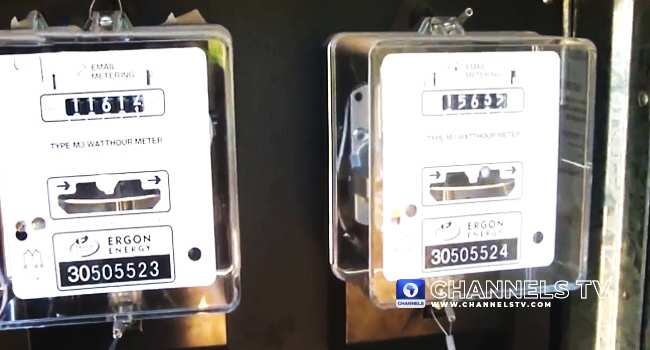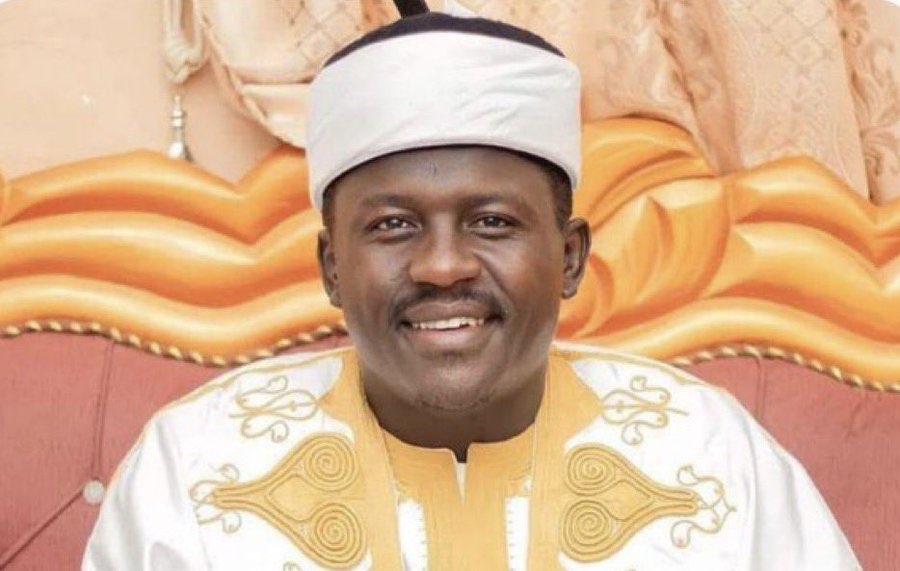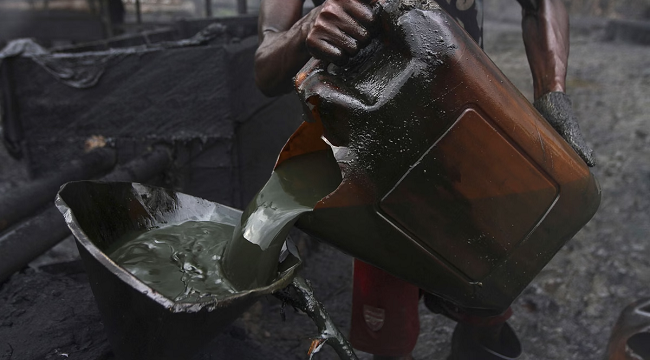On Wednesday, the Hong Kong government revoked the passports of six overseas-based activists under the new national security law, intensifying its crackdown on dissidents abroad. The affected individuals include former pro-democracy lawmaker Nathan Law, unionist Mung Siu-tat, and activists Simon Cheng, Finn Lau, Johnny Fok, and Tony Choi. Accused of endangering national security, they have been accused of “absconding” to the United Kingdom.
Last year, police offered rewards of 1 million Hong Kong dollars (£96,500) each for information leading to their arrests, a move that drew sharp criticism from Western governments. In addition to revoking their passports, authorities banned any financial or economic support to these activists, including leasing properties or forming joint ventures with them. Violating these restrictions could result in up to seven years in prison.
The government justified these actions by stating the six individuals continue to engage in activities that endanger national security, defame the city, and collude with external forces. Secretary for Security Chris Tang accused UK officials, politicians, and media outlets of attempting to undermine the rule of law in Hong Kong and influence judicial decisions in national security cases, confirming that the activists were sheltered in the UK.
The measures were enacted under new powers granted by Hong Kong’s national security law, implemented in March. This follows a similar law imposed by Beijing in 2020, which has effectively suppressed most public dissent following the massive anti-government protests in 2019, leading to many activists being arrested, silenced, or forced into self-exile.
Since the law’s enactment, over 144,400 people from Hong Kong have moved to the UK using a special visa introduced in 2021. The UK also granted asylum to activists Law and Cheng. Law stated on Facebook that he had submitted his passport to UK authorities when he applied for asylum in 2020, calling the Hong Kong government’s move “redundant.” Lau, who never owned a Hong Kong passport, described the cancellation as “ridiculous” and condemned it as an act of transnational repression.
In Beijing, Foreign Ministry spokesperson Lin Jian defended the actions of the Hong Kong authorities as necessary to safeguard the city’s rule of law and national security, reiterating that Hong Kong’s affairs are China’s internal matters and should not be subject to external interference.
Hong Kong’s political changes have been a source of tension between the UK and the city government, as well as with Beijing, given its unique history as a former British colony returned to China in 1997 with a promise to maintain freedoms of expression and assembly. Recently, two British judges resigned from Hong Kong’s top court, citing political reasons and concerns over the rule of law in the city.
In May, UK authorities charged three men with conspiring to gather information, conduct surveillance, and engage in deceptive acts likely to assist the Hong Kong intelligence service. One of the men was later found dead in a park. Chinese authorities in the UK and Hong Kong condemned these charges, calling them “groundless and slanderous” accusations from the UK government against China.



